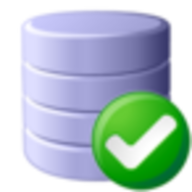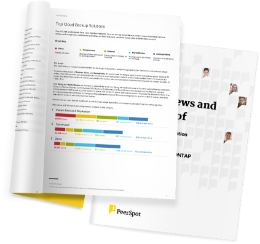Microsoft Azure SQL Database is integrated into other Azure capabilities and has a great foundation being on SQL Server with a long history of security, performance, and usability from a DBA perspective. Once you've set up a server, adding databases is easy. There's a minor challenge with having data in separate databases that you want to connect like we do on premises. I'm looking forward to using some of these new AI-driven functions that have come out around vectorization. Having the data closer to my transactional databases or data makes it easy to augment and enhance the Database and applications I currently use. It's great that Azure SQL now seamlessly integrates with Microsoft Fabric. It's a first-tier service in the cloud that connects to web applications and other databases. The data transformation orchestration capabilities within Database Factory and similar capabilities make it effortless to move that stuff forward.




